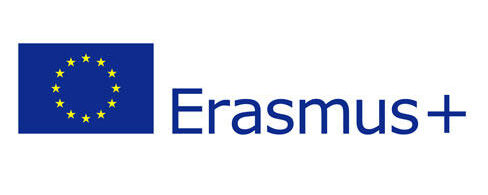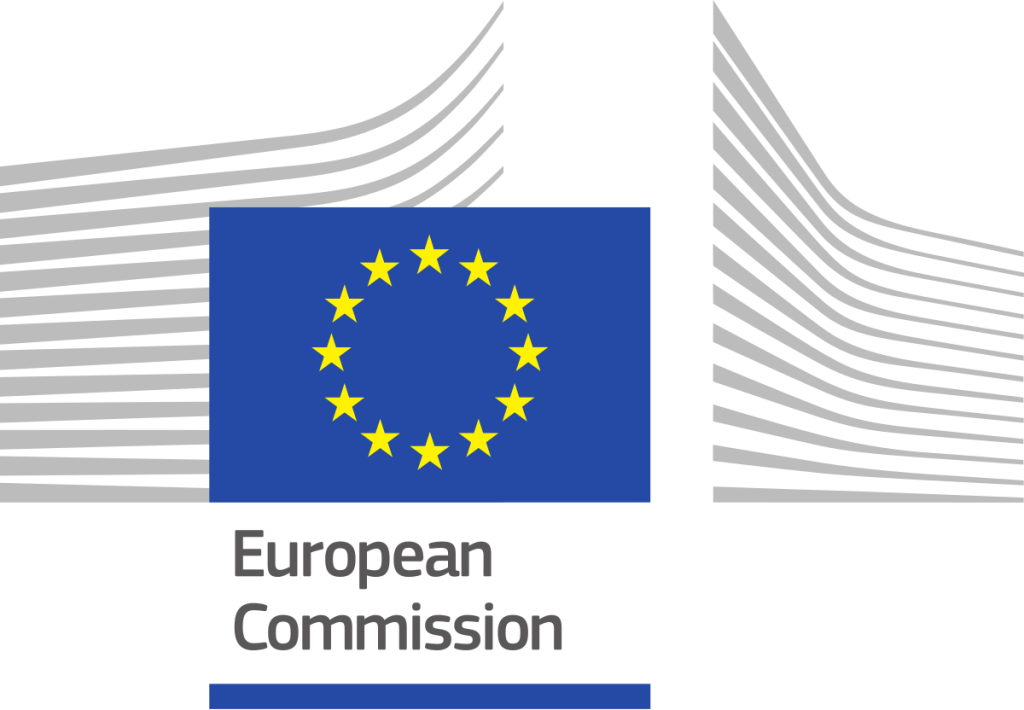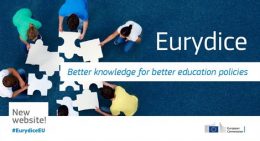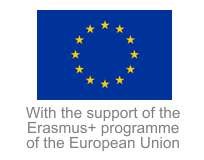National Erasmus + Office +382 20 223 087
Virtual Exchanges
Virtual exchanges projects consist of online people-to-people activities that promote intercultural dialogue and soft
skills development. They make it possible for every young person to access high-quality international and cross-cultural education (both formal and non-formal) without physical mobility. While virtual debating or training does not fully replace the benefits of physical mobility, participants in virtual exchanges ought to reap some of the benefits of international educational experiences. Digital platforms represent a valuable tool in partially answering the global
constraints on mobility caused by the COVID-19 pandemic. Virtual exchanges also help spreading European values.
Moreover, in some cases they can prepare, deepen and extend physical exchanges, as well as fuel new demand for
them.
Virtual exchanges take place in small groups and are always moderated by a trained facilitator. They should be easily
integrated into youth (non-formal education) projects or higher education courses. Virtual exchanges can draw
participants from both sectors, even if, depending on specific projects, they could involve participants from either only one of them or from both. All projects under this call will involve organisations and participants coming from both EU Member States and third countries associated to the Programme, and third countries not associated to the Programme in eligible regions.
OBJECTIVES OF THE ACTION
The action will aim to:
• Encourage intercultural dialogue with third countries not associated to the Programme and increase tolerance
through online people-to-people interactions, building on digital, youth-friendly technologies;
• Promote various types of virtual exchanges as a complement to Erasmus+ physical mobility, allowing more young
people to benefit from intercultural and international experience;
• Enhance critical thinking and media literacy, particularly in the use of internet and social media, such as to counter
discrimination, indoctrination, polarization and violent radicalisation;
• Foster the digital and soft skills140 development of students, young people and youth workers141, including the
practice of foreign languages and teamwork, notably to enhance employability;
• Promote citizenship and the common values of freedom, tolerance and non-discrimination through education;
• Strengthen the youth dimension in the relations of the EU with third countries.
THEMATIC AREAS / SPECIFIC OBJECTIVES
The Erasmus+ Virtual Exchanges are a bottom-up initiative. In this call, participating organisations are free to choose the topics on which they will focus, but proposals must demonstrate their expected impact in relation to one or more of the above-mentioned objectives. Gender aspects should be taken into account as needed, depending on the projects’ scope and themes (e.g. by introducing gender sensitivity aspects in the
trainings). Special attention needs to be given to the inclusion of socially and economically vulnerable people and
persons unable to apply for physical mobility. Since virtual exchanges are easier to organise with students and
universities, applicants are encouraged to involve young people and organisations not enrolled in higher education.
ACTIVITIES
Projects will be funded based on work plans that may integrate a wide range of online cooperation activities, including for example:
• Online-facilitated discussions between young people of youth organisations based in different countries, as part of
youth projects. They could include role playing simulations;
• Training for youth workers willing to develop a virtual exchange project with colleagues from other countries;
• Online facilitated discussions between students of Higher Education institutions based in different countries, as
part of higher education degrees;
• Training for university professors/staff willing to develop a virtual exchange project with colleagues from other
countries;Interactive open online courses including traditional course materials such as filmed lectures, readings,
and problem sets (like the well-known MOOCs, Massive Open Online Courses, but putting an emphasis on
interactive user forums in small groups to support community interactions among students, professors, teaching
assistants, young people and youth workers).






